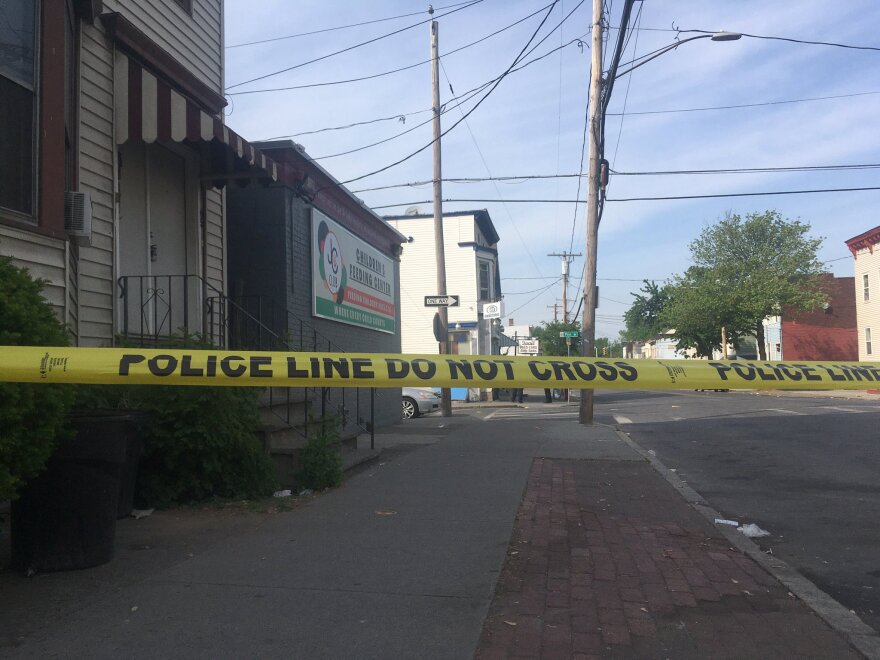With the country grappling with a rise in violent crime, a new study involving University at Albany researchers examines the lives and working conditions of violence intervention workers in Chicago.
The study conducted by the University at Albany and Northwestern University surveyed 181 outreach workers from 15 organizations, about 93 percent of violence intervention workers in the city.
Violence intervention workers are non-profit workers and residents of communities impacted by gun violence who adopt the role of peacemaker. They work to engage individuals at highest risk to resolve disputes that could lead to gun violence peacefully.
The study finds 60 percent of violence intervention workers in Chicago have witnessed a shooting attempt, 32 percent have witnessed someone else get shot while at work and 20 percent have been shot at.
Northwestern sociologist Andrew Papachristos says while violence interruption groups are gaining popularity in many cities, the concept is an old one.
“It’s actually an old idea dating back mid-20th century. It actually has a lot of its roots in Chicago. We used to call these individuals curbstone counselors, detached workers, outreach workers, violence interrupters. And this idea has evolved and ebbed and flowed over time and its popularity as a response to gun violence," he said. "But, at its core, regardless of the form it’s taking, street outreach work (and) rests on the idea of employing and relying on local expertise and experience to prevent retaliatory shootings, to mediate group and interpersonal disputes, to monitor and respond to flashpoints for community violence and to mentor those at highest risk.”
The release of the study comes during a string of mass shootings, which have spurred national calls for stricter gun laws. President Joe Biden called on Congress to ban on assault-style weapons, expand background checks and pass “red flag laws.”
According to the Centers for Disease Control and Prevention, more than 45,000 Americans were killed by gun violence in 2020, the largest one-year increase in gun deaths on record.
Chicago outreach worker Josh Coakley says it’s important to remember how much worse the numbers would be without intervention.
“We always highlighting how many shootings there were, right. But we're not highlighting how we have 40 some mediations over the Memorial Day weekend. So, that number could have easily looked like 80. But, no one is talking about the front end work. They're just talking about what occurs," he said. "So, I think it's important that we begin to highlight how we were able to stop ‘Ra-ra from shooting Billy over a bike.’ That we somehow got in the middle of (and) was able to get back and come to a mutual agreement and stop the shooting.”
Coakley hopes the study will lead to outreach workers seeking mental health support.
“I'm speaking from experience of doing that work on the ground that - man, after so long, it really starts to bother you personally and you really have to deal with your mental health. You know … are you bringing this home with you?”
The presentation of the study’s findings included video of outreach workers in action.
David Hureau from the University at Albany’s School of Criminal Justice went over some of the other key findings from the study.
“Fifty-two percent have experienced the death of a participant or client that they serve. And I think this is an important finding for us because it draws attention to the fact that outreach workers - although they're often projected as folks that are that are tough, that are gritty, that have a lot of experience in the streets -they're part of a caring profession. They're part of a profession that builds deep relationship with their clients," Hureau said. "And this this loss of a client, as we found in some other research that we've done, has some significant mental health and traumatic impacts for the workers themselves.”
The next phase of the study begins this summer in New York. It will be conducted in 12 cities across the state, including Albany, Mount Vernon, Poughkeepsie, Troy and Yonkers.



